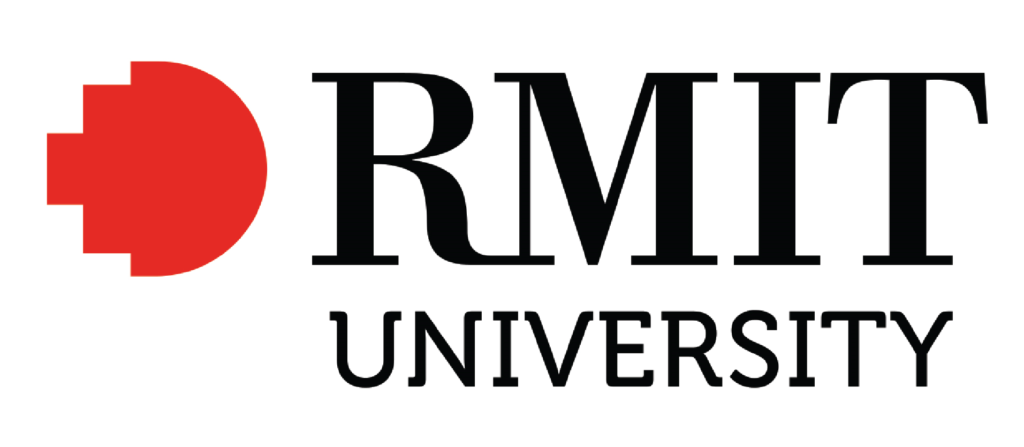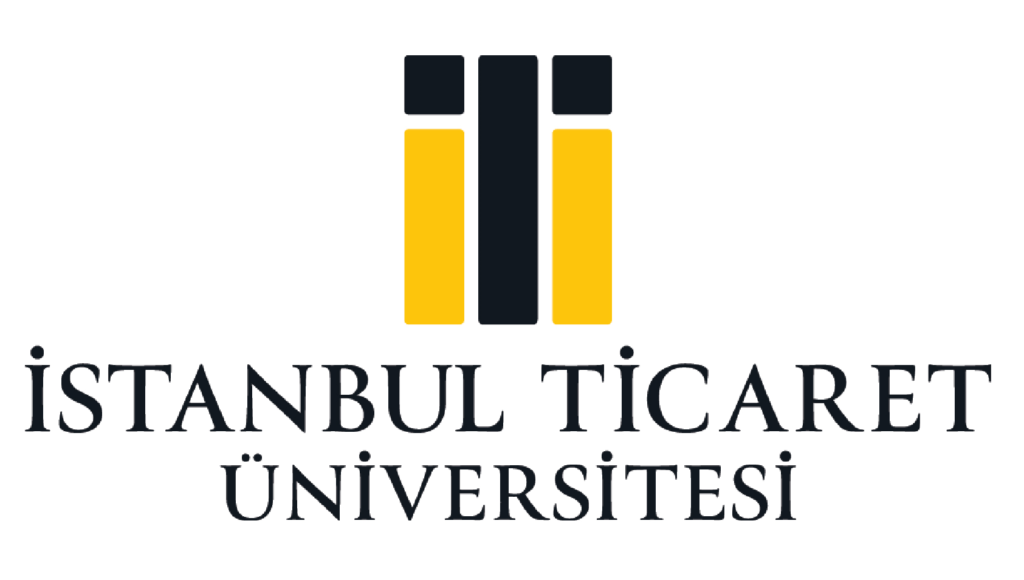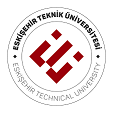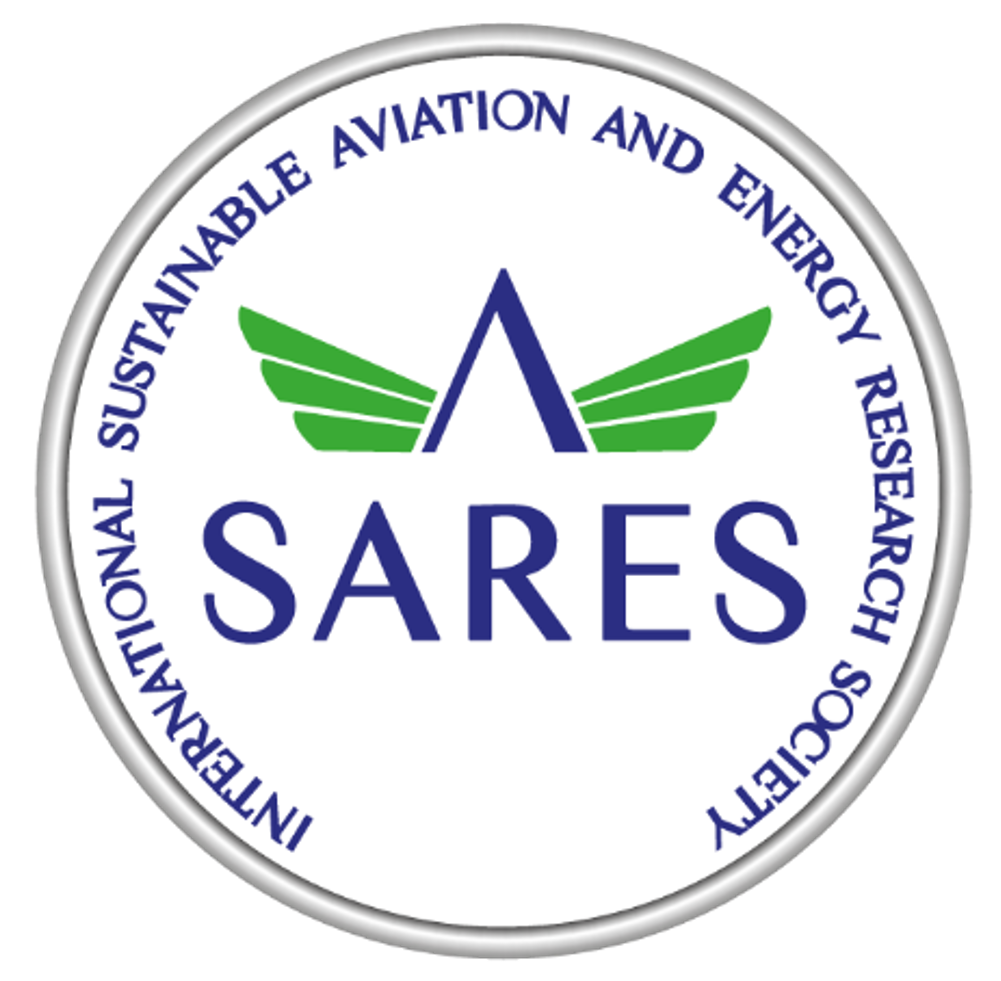About ISSA
SYMPOSIUM OBJECTIVES
The aviation industry is one of the fastest-growing industries in the world. It can be viewed as making a positive contribution to sustainability. The ISSA, an international, multi-disciplinary symposium, aims to address current issues in the field of aviation such as improving aircraft fuel efficiency, fostering the use of biofuels, minimizing environmental impact, mitigating GHG emissions and reduction of engine and airframe noise.
SYMPOSIUM FORMAT
The ISSA-2022 features keynote presentations by invited speakers and general papers presentations in oral sessions. Due to increasing concerns regarding COVID-19 pandemic, all presentations will be made through an online video conferencing platform. Presenters have to prepare a pre-recorded video (if they are not able to present live session) for their conference presentation and should be available online for the Q&A session.
High-quality papers of archival value will be considered in extended form for publication in various reputable international journals:
- IJSA, International Journal of Sustainable Aviation (ISSN: 2050-0475)
- IJAST, International Journal of Aviation Science and Technology(E-ISSN : 2687-525X)
- Sustainable Aviation Book Series, Springer
SYMPOSIUM TOPICS
The symposium welcomes a large number of topics as follows, but not limited to:
- Civil Aviation
- Aviation & Environment
- Commercial Air Transport
- General Aviation
- Airport
- Air Navigation Services and UTM
- Commercial and Civil UAS
- Regulation and Policy
- Sustainable aviation and aerospace vehicle
- Sustainable aircraft, helicopters, missiles, launchers and satellites design, technological change, innovation, research and development
- Mathematical modeling, numerical/experimental methods, optimization
- Green aircraft
- Green airlines
- Green airports
- Green engine
- Green aerospace vehicle
- More Electric Aircraft (MEA)
- All Electric Aircraft (AEA)
- Renewable energy sources; alternative/green aviation fuels
- Energy recovery systems, alternative/renewable/clean energy technologies
- Life cycle design and life cycle assessment; cost efficiency; waste / recycling
- Environmental Modelling & Software
- Environmental impacts and measurement techniques: emissions/noise/radiation, global warming/climate change
- Mathematical modeling, numerical/experimental methods, optimization
- Air conditioning and refrigeration applications of aircraft
- Energy, exergy, performance analysis, flight mechanics and computational fluid dynamics
- Energy
- Exergy
- Performance analysis
- Flight mechanics
- Computational fluid dynamics
- Propulsion technologies for aerospace vehicles
- Combustion instabilities, innovative combustion technologies
- Mathematical modeling, numerical/experimental methods, optimization
- Avionics and auto control
- Avionics
- Auto control
- Aerospace vehicle materials, measurement techniques and sensors
- Design, management, planning, development
- Aerospace vehicle strategic planning, governmental legislation, policy-making
- Aviation management, fleet planning/scheduling; air traffic management; future air transport
- Airport design, management, planning, development
- Aircraft maintenance, repair and overhaul; airworthiness, reliability/safety




